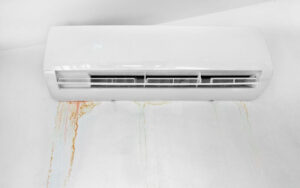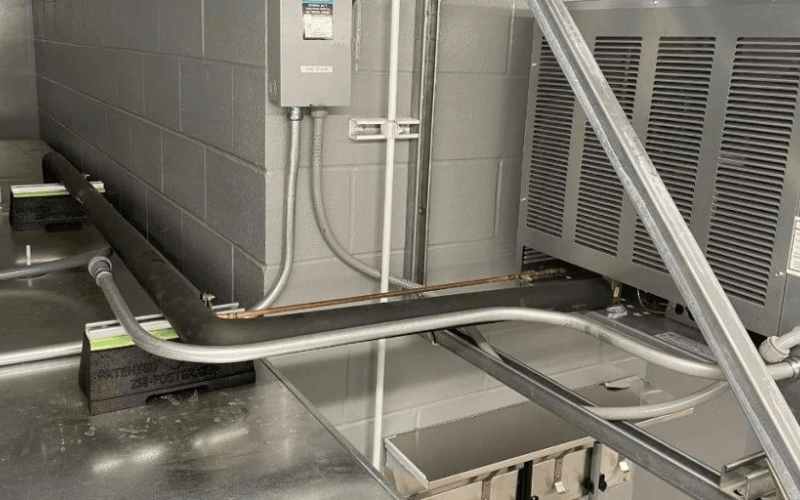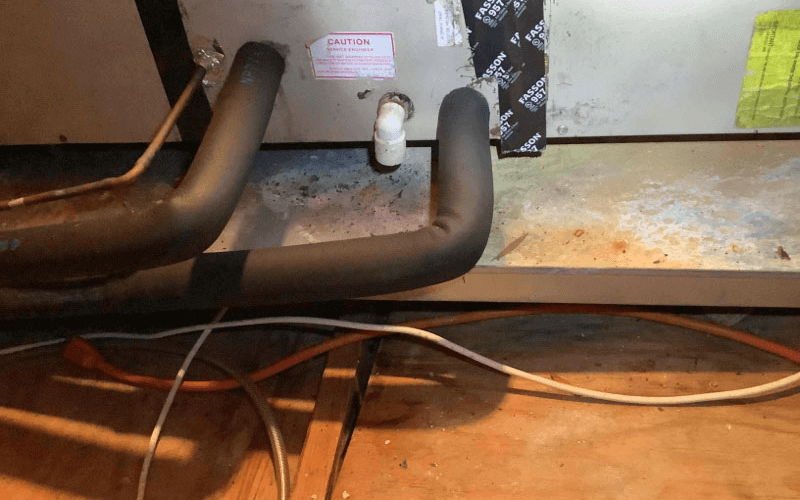Now that it’s chilly outside, many homeowners are looking for a secondary heating source to complement their primary heating system. We’ll check the baseboard heater vs. the Space Heater today to help you choose the finest supplemental heating option for your house.
Table of Contents
ToggleWhat Exactly is Additional Heating?
A supplemental heating source is exactly what it sounds like: it is an additional heating system that may be used in addition to your primary central furnace, which works on electricity, natural gas, or oil and is the typical main heating system in most modern homes.
| Image | Product | Features | Price |
|
Best Seller

|
Dreo Smart Wall Heater, Electric Space Heater for Bedroom 1500W |
120° Vertical Oscillation, Adjustable Thermostat, |
$129.99
|
|
Best Seller

|
Heat Storm HS-1500-PHX-WIFI Infrared Heater |
1500-PHX-WIFI Infrared Heater, Wifi Wall Mounted |
$104.57 |
|
Best Seller

|
nfrared Heater with WiFi – Wall Heater – Electric Heaters for Indoor Use |
Bedroom, Small Room,- Energy Saving 1500 Watt PTC Quartz Heater |
$119.99 |
|
Best Seller

|
|
PTC Ceramic Electric Heater for Bedroom with Thermostat, |
$49.99 |
|
Best Seller

|
Airchoice Electric Heater, 1500W Space Heater, Wall Mounted Room Heater with Stand, |
Energy Saving, Timer, 3 Modes, Quick Heat Electric Space Heater, |
$48.35 |
Why Would You Need a Second Source of Heat?
First off, by installing heating, you can reduce your energy bills. You can employ various heat sources in multiple rooms instead of increasing the temperature of your primary heating system to keep the entire house warm. This is excellent if you spend most of your day in only a few rooms in your home.
Second, no two houses are exactly alike. Annexes linked to some residences might not be as warm as the rest of the house. Your home may feel less airy in some places than in others. In certain older homes without central stoves, supplementary Baseboard Heaters, space heaters, etc., may be necessary.
Auxiliary heat sources come in a variety of forms. Consider two excellent choices: baseboard heaters and space heaters.
Also, Read: Preparing for Winter? Choose The Best Electric Heaters for Your Home
Space Heaters Vs. Baseboard Heaters
Once the unit is mounted and the primary heat source’s thermostat is lowered, baseboard and space heaters are excellent for reducing utility expenses. Pose one easy question to yourself.
- Are you attempting to heat the entire space or only a portion of it?
- Are you attempting to heat a single room or several?
Baseboard heater: (Is Baseboard Heat Electric)
An electric baseboard heater is the best choice if your main concern is heating a sizable area, like a living room or basement. As earlier posts cover, convection and hot water baseboard heaters utilize this heating technique. This is where cold air enters a baseboard heater and is heated by an electric element, either a convective baseboard heater that heats the air or an electric element that heats water or oil (hydronic baseboard heater). Therefore, baseboard heaters are the preferable choice when trying to:
- Keeping various temperatures in various rooms while lowering the temperature of the primary heat source.
- Heating several spaces, such as the basement, annex, and airy bedrooms (g., central stove).
Electric Baseboard Space Heater:
When heating a small room or a specific part of a larger room, space heaters are the greatest substitutes for electric baseboard heaters. Since most space heaters are portable, you may plug them in wherever you choose. Despite being portable, space heaters must be linked to a specific circuit because they consume much power. Its line can connect a space heater to stop power outages and circuit breaker trips. The market is filled with a wide variety of heaters. Some use radiant heat, whereas most use convection, which involves blowing warm air with a fan. Radiant heaters are more likely to warm a person than the room’s air.
The preferable choice is a space heater if you need to Heat small rooms or small parts of rooms.
Safety:
Baseboard and space heaters need to be handled carefully when used. You could be exposed to some fire risks if used improperly. According to US.energy.gov, the Consumer Product Safety Commission claims that using eaters is to blame for more than 300 fatalities and 25,000 home fires per year.
| Aspect | Baseboard Heaters | Space Heaters |
|---|---|---|
| Installation and Design | Installed along baseboards | Portable and varied designs |
| Heat Distribution | Convection-based circulation | Direct heat emission |
| Efficiency | More efficient for larger spaces | Efficient for small spaces |
| Cost of Operation | Cost can add up over time | Cost varies based on usage |
| Portability | Not portable | Portable |
| Types | Electric | Various types available |
| Safety | Generally safe, built-in safety features | Requires careful use and placement |
Why A Baseboard Heater Should Be Considered Over A Space Heater:
The baseboard heater features a built-in cover to keep kids and animals out of the hottest spots while keeping them comfortably warm. For a subtle appearance, you can paint the cover to match the wall; alternatively, you can add a decorative custom cover to make it stand out. Additionally, it is tip-free, carbon monoxide-free, and flame-free because it is fastened to the wall. Because there is no fan, baseboard heaters are less noisy than room heaters, take up much less room, and consume less energy. Instead of frequently hearing the fan cycle, many homeowners prefer their baseboards to heat up quietly and evenly. Most 120 or 240-volt electric baseboard heaters have a power range of 500 to 2000 watts. Others need cabling to a circuit, while some can be plugged into an existing outlet. It is frequently a viable solution for older homes where adding ducts is challenging because no ducting is necessary.
Also, Read: How To Get Rid of Baseboard Heaters? 6 Easy Steps
In regions that aren’t as warm as you’d want, their optimum usage is as an extra heat source. They are frequently built beneath windows, allowing warm air to rise and balancing cold air through the pane. The baseboard heater can be managed using a timer or thermostat so it doesn’t run continuously.
Conclusion
Baseboard heaters are a practical and economical solution to lower the risk of fire and injury when utilizing portable space heaters. Don’t hesitate to get in touch with us if you require more information on this or any other HVAC-related issues. K2 Mechanical has been in operation for a while and offers service guarantees!
FAQs
When compared to space heaters, do baseboard heaters use more electricity?
Space heaters should never be used as the primary heat source because they are less effective than baseboard heaters. Make sure it is an energy-efficient purchase.
What is an improvement over baseboard heaters?
If you want the energy efficiency of electric heat but don’t want the limitations mentioned above, ductless heat pumps/mini split systems are one of the best baseboard heater alternatives. A ductless mini split offers all the advantages of zoned climate control, which eliminates the need for ductwork.
Why do baseboard heaters use so much energy?
It is a very slow and gentle airflow because Electric Baseboard Units circulate warm air by convection rather than by radiant heating or a fan blowing air. The tiny metal fins can become clogged with cobwebs and dust, which can reduce heating by more than 80%. The appliances must be kept clean to function.
Which is more cost-effective, electric heat or a space heater?
When compared to using central heating, space heaters use less energy. They are less effective than space heaters, though. Therefore, installing a space heater in each room of your home and turning them on simultaneously will result in higher energy costs rather than lower ones. Another consideration is the date that you bought your heater.
Are baseboard heaters energy-intensive?
You have more control over the temperature in each room because of their “zoned heat” capability. Additionally, they don’t need ducts. Baseboard heating has one significant drawback: it is extremely expensive to run. Homes with baseboard heating will have substantially greater utility costs than those with heat pumps or other HVAC systems.





















